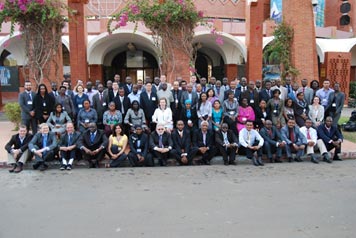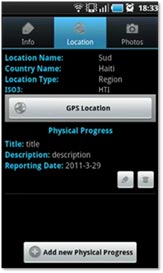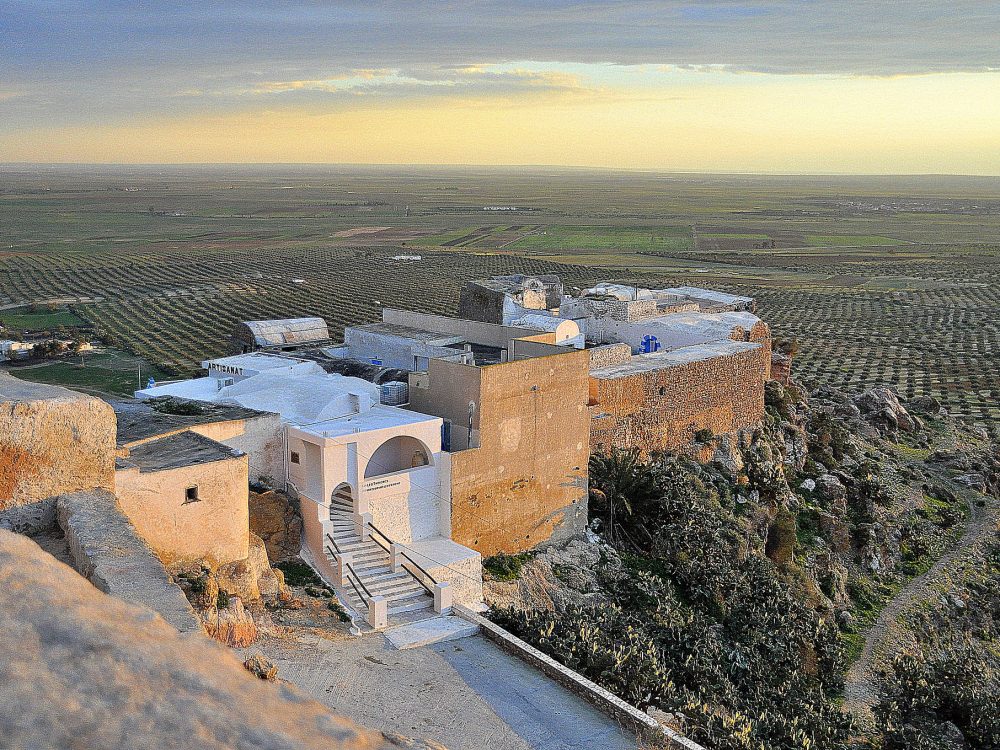Fourth AMP Best Practices Workshop Held In Dakar
The 4th Aid Management Platform (AMP) Best Practices Workshop was held from Jan. 24-26 in Dakar, Senegal. More than 90 people attended from nineteen AMP countries and several observer countries (you can view photos on our new Flickr photostream). Representatives from a number of other organizations, including CABRI, Esri, FAO, IATI, Mokoro, UNDP, and the World Bank joined them to provide their perspectives on making aid information more comprehensive and relevant.
Download the workshop report here:
AMP Best Practices Workshop 2011 Report
PGA Rapport de l’Atelier des Meilleures Pratiques 2011
In the past year, several major developments have transformed aid management and many of these changes were at the heart of workshop discussions. As the International Aid Transparency Initiative (IATI) has grown, countries have been eager to learn how the new data can be integrated into the Aid Management Platform. Other advances in integrating monitoring and evaluation features into the system and technologies to geocode aid activities were featured at the workshop. Halima Wagao, an Aid Coordination Officer from Tanzania, said
The workshop was very informative and motivated us to be not only technicians, but also to play a vital role in policy making.

Looking ahead, the work on integrating IATI feeds into the AMP system will soon move forward in the Democratic Republic of Congo (DRC). An upcoming IATI mission will begin to test automatic feeds to the Plateforme pour la Gestion de l’Aide et des Investissements (PGAI), as AMP is known locally.
Currently 50% of the national budget in the DRC comes from aid flows which are managed by three separate ministries. With integration of IATI data, the information tracked in the PGAI will be more comprehensive, higher quality, and easier for other ministries to use. All of this will help the government plan its budgets better. This approach will soon be tested in other countries as well, giving stakeholders a clearer idea of amounts of on and off-budget aid.
At the workshop, participants had a chance to learn more about the new features in AMP 2.0, the latest release of the system, which is now operational in the DRC, Honduras, Madagascar, Nepal, and Togo.


In addition to a sleeker, more intuitive interface, AMP 2.0 has a sophisticated mapping module built in partnership with Esri, which allows users to geocode projects, add physical structures such as dams or bridges, and view clusters of donors/projects.
The ability to automatically import data in IATI format is also new, along with an improved public portal and better dashboards and data analysis tools, including profiles by donor, sector, and region.
A new mobile app, AMPlify, allows remote data entry and access, so that AMP users can keep track of projects and add updates from any location.
To download a factsheet on what’s new in AMP 2.0, click here.
Share This Post
Related from our library

How Useful Is AI for Development? Three Key Lessons
The development world is buzzing with excitement over the idea that new and emerging applications of AI can supercharge economic growth, accelerate climate change mitigation, reduce inequalities, and more. But what does this look like in real life?

At a Glance | Tracking Climate Finance in Africa: Political and Technical Insights on Building Sustainable Digital Public Goods
In order to combat the effects of climate change, financing is needed to fund effective climate fighting strategies. Our white paper, “Tracking Climate Finance in Africa: Political and Technical Insights on Building Sustainable Digital Public Goods,” explores the importance of climate finance tracking, common barriers to establishing climate finance tracking systems, and five insights on developing climate finance tracking systems.

AMP Through the Ages
15 years ago, AMP development was led by and co-designed with multiple partner country governments and international organizations. From a single implementation, AMP grew into 25 implementations globally. Through this growth, DG has learned crucial lessons about building systems that support the use of data for decision-making.